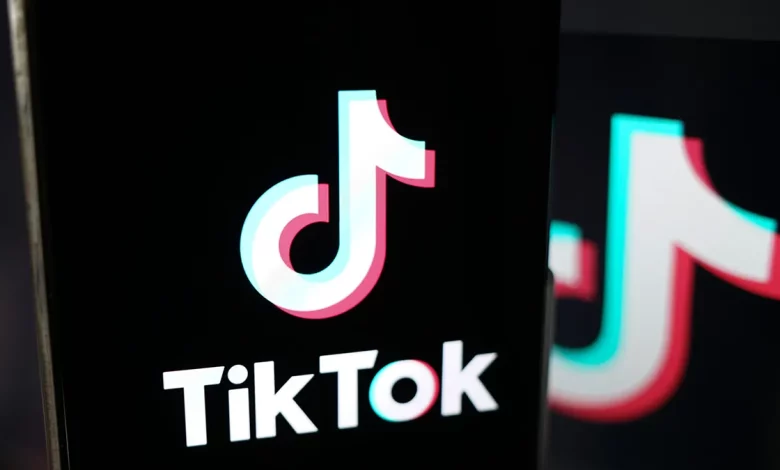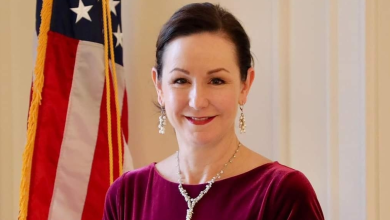Trump Requests Supreme Court to Delay TikTok Ban

President-elect Donald Trump has requested that the U.S. Supreme Court delay the enforcement of a federal law mandating the sale or ban of TikTok, a popular social media platform with over 170 million U.S. users. The law, enacted in April 2024, requires TikTok’s Chinese parent company, ByteDance, to divest from the app by January 19, 2025, due to national security concerns over Chinese ownership.
Trump’s Appeal to the Supreme Court
In a recent court filing, Trump’s legal team emphasized the need for additional time to negotiate a political resolution. They stated, “President Trump takes no position on the underlying merits of this dispute,” but requested that the Court consider staying the Act’s January 19 deadline to allow the incoming administration to address the issue.
Reversal from 2020 Stance
This marks a significant shift from Trump’s 2020 position, when he sought to ban TikTok in the U.S. and compel its sale to American entities over similar security concerns. The change suggests that TikTok has made efforts to build relationships with Trump’s team during his presidential campaign.
Supreme Court Hearing Scheduled
The Supreme Court is scheduled to hear arguments on January 10, 2025, just days before the divestment deadline. TikTok has challenged the law, arguing that it violates the First Amendment and that its data practices do not pose a national security threat. The company asserts that U.S. user data is stored domestically and that content moderation decisions affecting U.S. users are made within the country.
National Security Concerns and Legal Support
The U.S. Justice Department maintains that Chinese control of TikTok presents a national security threat, a stance supported by numerous lawmakers. A coalition of 22 state attorneys general, led by Montana Attorney General Austin Knudsen, has filed an amicus brief urging the Supreme Court to uphold the legislation.
Implications for Free Speech
Free speech advocates have expressed concerns that the law resembles censorship practices employed by authoritarian regimes. They argue that banning TikTok could infringe upon the First Amendment rights of millions of Americans who use the platform for expression.
Awaiting the Court’s Decision
As the January 19 deadline approaches, the Supreme Court’s forthcoming decision will have significant implications for TikTok’s future in the United States, as well as for issues of national security and free speech.




